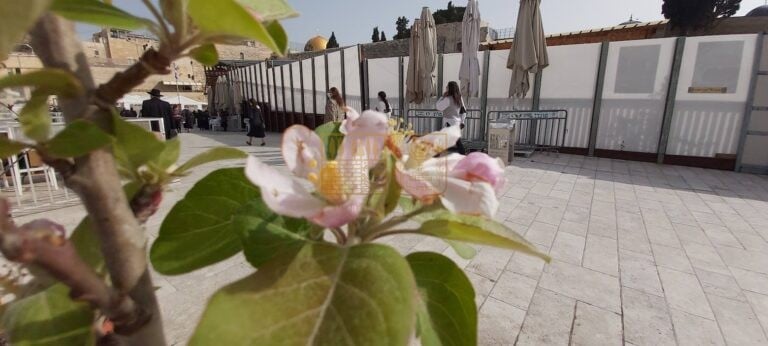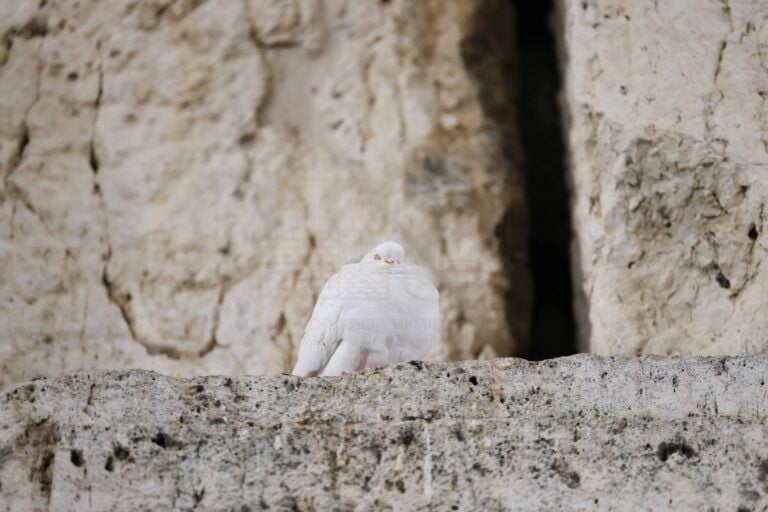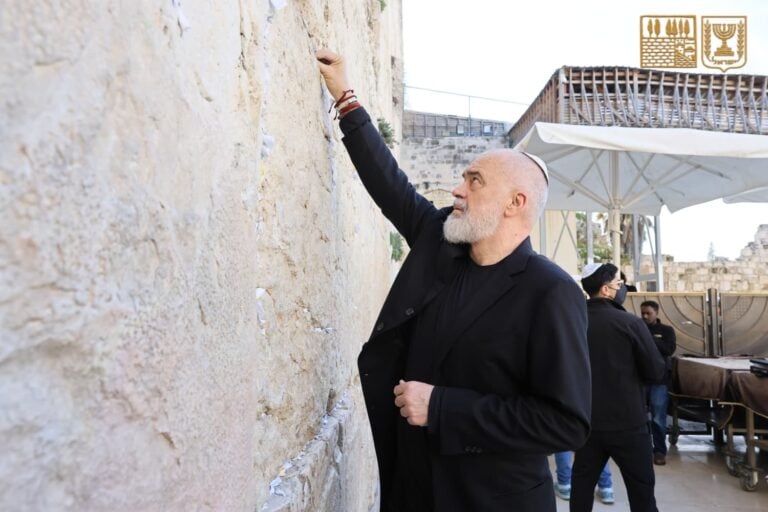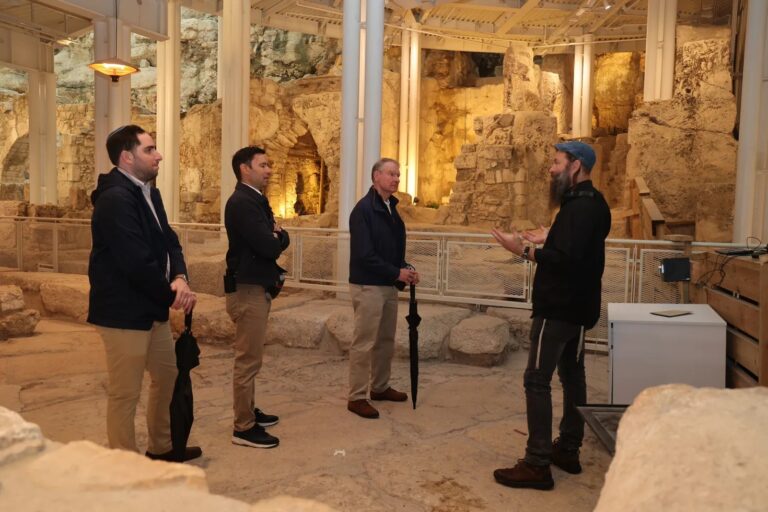|
Getting your Trinity Audio player ready...
|
Bs”d Vayetzeh 5784
Rabbi Shmuel Rabinowitz, Rabbi of the Western Wall and Holy Sites
In this week’s Torah portion, we read about Jacob’s journey to Haran, the dwelling place of his maternal uncle, Laban. The intricate and longstanding relationship between Jacob and Laban takes center stage in the narrative. On the one hand, Jacob marries the two daughters of Laban, Rachel and Leah, and works for Laban in tending the flocks. On the other hand, Laban deceives Jacob on numerous occasions, both in economic matters and other issues. The pinnacle of deceit is when Laban substitutes Leah for Rachel as Jacob’s wife, compelling Jacob to work an additional seven years to marry Rachel.
The Torah describes Laban’s reaction upon hearing about Jacob’s arrival in Haran:
“And it came to pass when Laban heard the tidings of Jacob his sister’s son, that he ran to meet him, and embraced him, and kissed him, and brought him to his house.”
(Genesis 29,13)
It seems that Laban is expressing affection for his nephew, embracing him warmly. However, the sages of the Midrash interpret the situation differently, as quoted by Rashi:
And he ran to meet him – He thought that he (Jacob) was laden with money… and embraced him – When he (Laban) did not see anything with him (Jacob), he said, “Perhaps he has brought golden coins, and they are in his bosom”…and kissed him – He said, “Perhaps he has brought pearls, and they are in his mouth.”
Why did the sages of the Midrash not want to “flatter” Laban? In this situation, Laban seemed to have behaved perfectly, so why attribute to him malicious intentions? Clearly, Laban’s later conduct, when he deceives Jacob repeatedly and exploits him, teaches us that Laban is not the most positive and honest character. However, is it impossible to consider that in this case, Laban behaved positively?
It seems that the sages of the Midrash expressed a profound idea in their imaginative language about the insincerity of Laban’s love. If we were to ask Laban why he hugs and kisses Jacob, he might honestly answer that he does it out of love for his sister’s son. But love can be particularly insincere when a person is so self-absorbed that even when he loves another, he seeks personal gain. His hug is nothing but an attempt to gain something, whether it be financial profit or even love.
The essence of love is a person’s ability to go beyond oneself and see the other. But distorted love is one that, sometimes unwittingly, seeks to exploit the other. This can manifest itself in both crude and subtle ways, even if Laban’s exploitation in the case of Jacob was subtle, and there was an element of truth in the hugs and kisses Laban showered on him.
Later in the parasha, we observe Laban’s love for his daughters. He treats them as commodities, exploiting Jacob’s love for Rachel to strengthen his personal wealth. Laban compels Jacob to work for him for fourteen years in exchange for the right to marry Rachel.
In contrast, Jacob, who works for Laban in exchange for marrying Rachel, is described as follows: “And they appeared to him as a few days in his love for her.” Jacob does not think of himself; he loves Rachel with true affection, and seven years of labor seem like nothing more than a few days in exchange for this love.
The contrast between Jacob and Laban highlights the ability to love in a genuine way. When Laban loves, his deep thoughts are focused on personal gain. On the other hand, Jacob’s love for Rachel is genuine, and he doesn’t feel the burden of years of work when motivated by such love.









